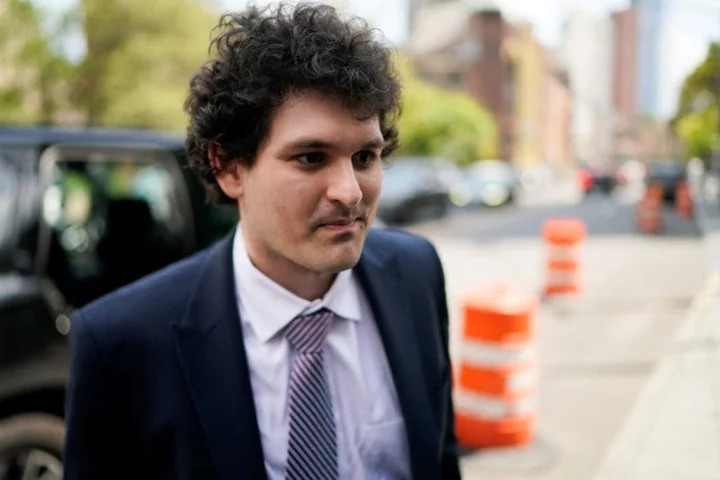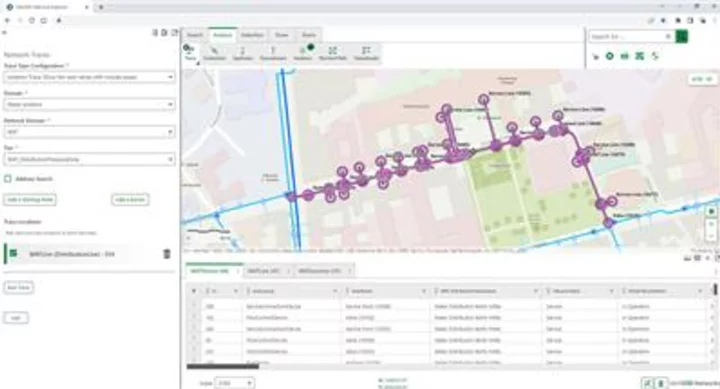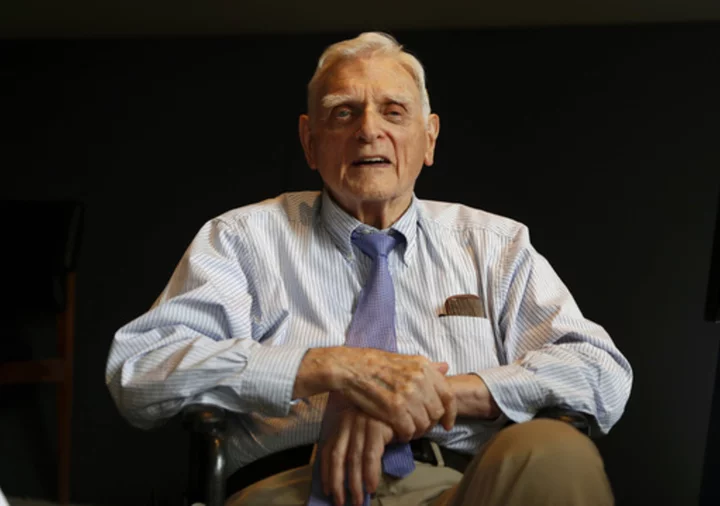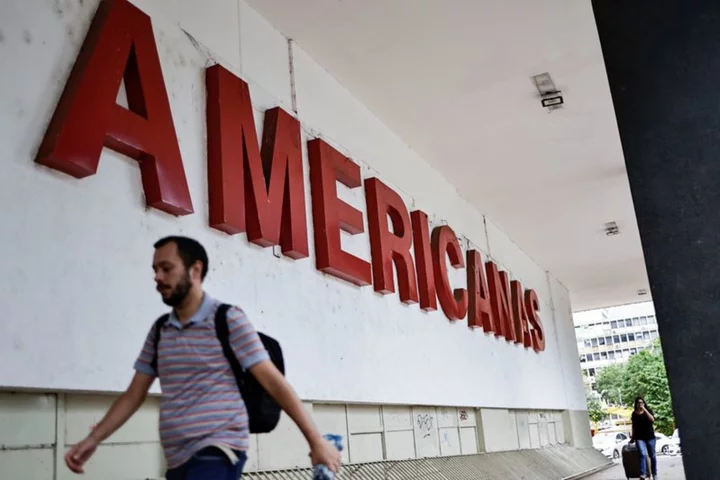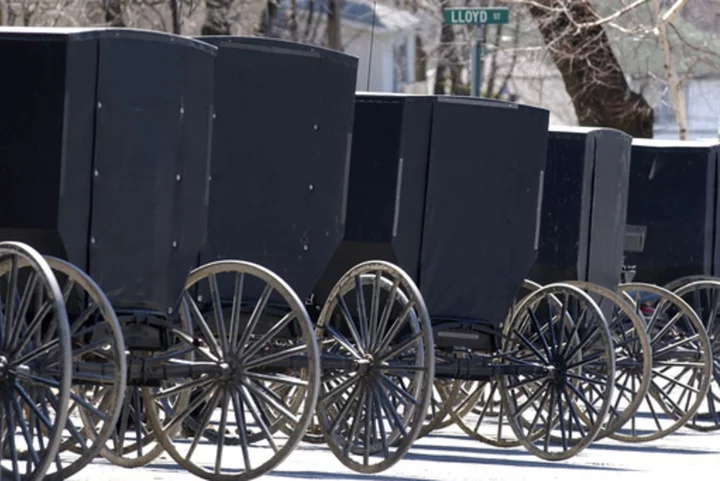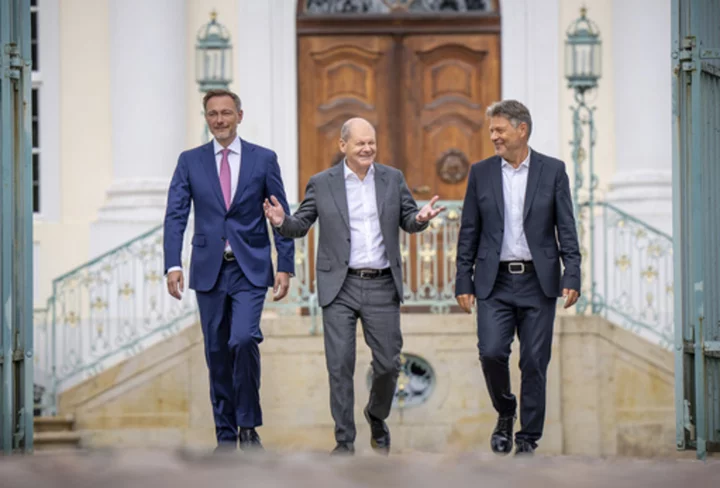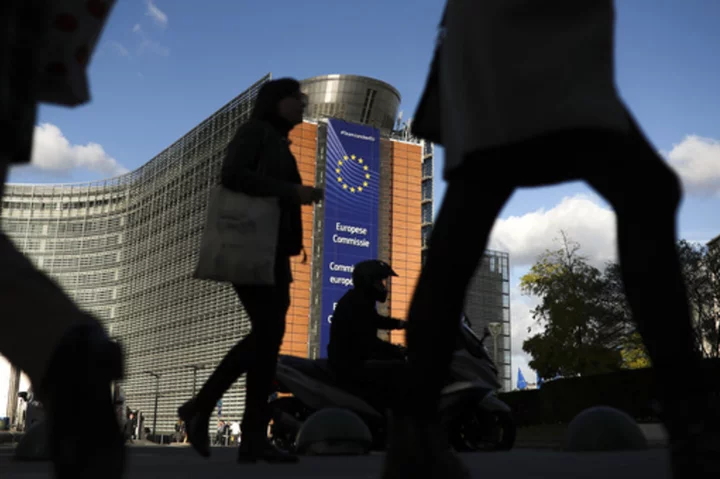By Luc Cohen
NEW YORK In 2018, a bespectacled Stanford graduate named Caroline Ellison decided to leave her job on Wall Street to join a startup cryptocurrency hedge fund called Alameda Research because she thought she would earn more money to give to charitable causes.
Now, a year after Alameda collapsed, Ellison is preparing to testify as a key witness at the Oct. 3 criminal fraud trial against its founder, another budding young philanthropist who also owned the now-bankrupt FTX cryptocurrency exchange: Sam Bankman-Fried.
Ellison became one of Bankman-Fried's top lieutenants as he grew his crypto empire. The two lived together in a luxury penthouse in the Bahamas, and were on-and-off romantic partners.
Her firsthand account is expected to be crucial to helping Manhattan federal prosecutors try to convict Bankman-Fried on fraud charges stemming from FTX's November 2022 implosion. He has pleaded not guilty to charges of stealing billions of dollars in FTX customer funds to plug losses at Alameda.
Ellison, who became Alameda's co-chief executive in 2021 and assumed full control last year, has pleaded guilty to fraud charges and agreed to cooperate with prosecutors.
She said at a Dec. 19, 2022, plea hearing that she helped Alameda make billions of dollars in loans to Bankman-Fried and other FTX executives, and hide them from lenders. During the hearing, Ellison said she was sorry for what she did and knew her conduct was wrong. Her lawyer declined to comment.
Prosecutors have said that at trial they plan to play a recording of a Nov. 9, 2022, meeting in which Ellison told Alameda employees the company borrowed FTX user funds to repay its lenders. An employee pressed her on who decided to use customer deposits.
"Um ... Sam I guess," Ellison responded, according to prosecutors' court papers.
ELLISON SOUGHT TO 'MAXIMIZE IMPACT'
Ellison's plea marked a dramatic turn in the course of her life.
The daughter of two Massachusetts Institute of Technology economics scholars, Ellison was a high achiever, taking part in math competitions throughout high school and college and landing a job in New York as a quantitative trader with Jane Street after graduating Stanford, she said in a July 2020 FTX podcast.
"All I did was read books," she said of her Boston-area childhood, adding she was "obsessed" with Harry Potter and "worked pretty hard in high school."
She met Bankman-Fried at Jane Street. Like him, she had grown interested during college in the effective altruism movement, which promotes data-driven philanthropy and encourages talented young people to take high-earning jobs and give generously to meaningful causes.
She told the FTX podcast she decided to join Bankman-Fried at Alameda despite lacking experience with cryptocurrencies to "maximize my impact."
"The EV (expected value) of how much money I'll end up making working here is pretty high," she said.
Ellison indeed earned money, including $28.8 million in bonuses in addition to FTX stock options, FTX's current management said in a July lawsuit against her, Bankman-Fried, and other former executives. FTX said Bankman-Fried took over $500 million in fraudulent loans from Alameda.
Ellison nonetheless appears to have been unhappy at Alameda long before its collapse. In July, the New York Times published an article citing her personal writings from early 2022, in which she described feeling "unhappy and overwhelmed" at work and "hurt/rejected" by a breakup with Bankman-Fried.
Kaplan jailed Bankman-Fried for sharing the writings with the reporter, saying it likely amounted to witness tampering.
ELLISON MAY TESTIFY ABOUT ENCRYPTED MESSAGES
Prosecutors may ask Ellison about whether Bankman-Fried directed employees to use encrypted messaging platforms and ensure their messages automatically deleted.
She has told prosecutors that Bankman-Fried said it is hard to build a case if information is not written down or preserved, court records show. If she makes a similar statement on the stand, prosecutors could use it to argue Bankman-Fried knew what he was doing was wrong.
Bankman-Fried has acknowledged inadequate risk management at FTX and Alameda, but denied stealing funds. His lawyers are expected to challenge Ellison's credibility, and to try to shift some blame onto her by arguing he was not running Alameda at the time it racked up massive debts.
Days before FTX declared bankruptcy, Ellison told Bankman-Fried her "increasing dread of this day" had been weighing on her for a long time, according to prosecutors.
"Now that it's actually happening," she wrote, "it just feels great to get it over with one way or another."
(Reporting by Luc Cohen in New York; Editing by Noeleen Walder and Daniel Wallis)

